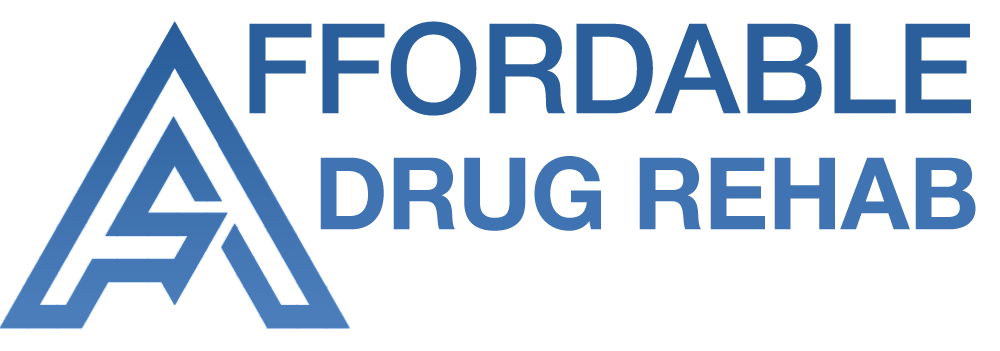Give us a call1 (888) 850-3656
How long does the Marchman Act last in Florida?
In Florida, the Marchman Act is a legal process designed to provide assistance and services to individuals struggling with substance abuse who are unable to recognize their need for help. The act allows for emergency assistance and temporary detention for assessment and treatment. Typically, once a petition is filed under the Marchman Act, the court can order an assessment that lasts up to five days. If the assessment indicates a need for treatment, the court can then order a stabilization period for up to 60 days. However, situations can vary widely, and each case is unique, involving different legal and medical considerations. What’s essential is to remember that we are not just dealing with a legal timeframe but with a person’s well-being, so the process should be as supportive and non-adversarial as possible. Does this answer clarify your concerns about the length of the Marchman Act, or is there anything else you’d like to know?
What are the four types of recovery?
Recovery from addiction is a multi-faceted process that can be broken down into four types: physical, emotional, mental, and spiritual. Physical recovery involves detoxifying the body and coping with withdrawal symptoms. Emotional recovery is about learning to process and express feelings in a healthy way. Mental recovery focuses on changing negative thought patterns and behaviors. Lastly, spiritual recovery seeks to find a sense of purpose and connection beyond oneself, which doesn’t necessarily have to be religious. At ouraffordable drug alcohol rehab, we support all aspects of recovery, recognizing that each type plays a vital role in a well-rounded and sustainable path to sobriety. Are you seeking more information about how these types of recovery can be nurtured and supported in the rehabilitation process?
What does ‘in recovery’ mean?
The phrase ‘in recovery’ often signifies that an individual is actively engaged in overcoming addiction. This doesn’t necessarily mean the person is substance-free, although abstinence is a goal for many. It’s more about the journey towards a healthier, more balanced life. Being ‘in recovery’ can encompass various stages, from detoxification and therapy to maintaining sobriety and preventing relapse. It’s a personal, ongoing process that involves constant self-awareness and growth. At our affordable drug rehab centers in Southern California, we view ‘in recovery’ as a courageous commitment to change and an optimistic outlook towards a life free from the hold of addiction. How does this perspective resonate with your understanding of what it means to be ‘in recovery,’ and are you interested in learning more about the stages involved?
How do you perform an intervention?
Performing an intervention is a delicate process that involves a group of family, friends, and sometimes a professional interventionist, coming together to confront an individual about their addiction. It’s structured and should be guided by a sincere intention to offer help. The steps typically include planning the intervention, gathering the group, sharing concerns and feelings without judgment, and presenting a treatment option. Throughout the intervention, it’s crucial to express love and support, while also setting boundaries and consequences if the individual refuses help. We’ve found that a well-organized intervention can be a profound turning point, motivating many to take the first step toward recovery. Would you like guidance on how to plan an intervention or advice on ensuring it is as effective and compassionate as possible?
How does Affordable Drug Rehabs make treatment more accessible for those with limited financial resources?
At Affordable Drug Rehabs, our mission to make treatment more accessible begins with a variety of options tailored to individuals’ financial situations. We offer state-funded programs, sliding scale fees, and sometimes free services. We diligently work to reduce not only the financial burden but also the emotional and logistical obstacles that might hinder someone from seeking treatment. For instance, we provide personalized treatment plans and ensure there are no hidden costs. Our partnerships with community organizations allow us to offer additional resources and support. We cherish the opportunity to make a difference by ensuring that those in need can access quality care without the added stress of unmanageable expenses. Are there particular financial concerns you have that we can help address, or do you need assistance in navigating the available funding options for rehab?
Resources Section
- National Institute on Drug Abuse (NIDA) – Provides information on the science of drug use and addiction, including treatment and prevention. https://www.drugabuse.gov/
- Centers for Disease Control and Prevention (CDC) – Offers resources on substance abuse and ways to promote healthy living, including tips on mental health and substance use disorders. https://www.cdc.gov/
- Substance Abuse and Mental Health Services Administration (SAMHSA) – Provides information on finding help for substance abuse and mental health issues. https://www.samhsa.gov/
- National Institutes of Health (NIH) – Offers comprehensive information on health topics, including drug use and addiction. https://www.nih.gov/
- MentalHealth.gov – Provides access to U.S. government mental health information and resources. https://www.mentalhealth.gov/
- U.S. Food and Drug Administration (FDA) – Features information on drug safety, medication-assisted treatments, and regulations. https://www.fda.gov/
- MedlinePlus – Offers health information from the National Library of Medicine about diseases, conditions, and wellness issues, including substance abuse disorders. https://medlineplus.gov/
- National Clearinghouse for Alcohol and Drug Information (NCADI) – Serves as a resource for current and comprehensive information about substance abuse prevention and treatment options. https://store.samhsa.gov/
Affordable Drug Alcohol Rehab Affordable Drug Rehab Centers in Southern California

